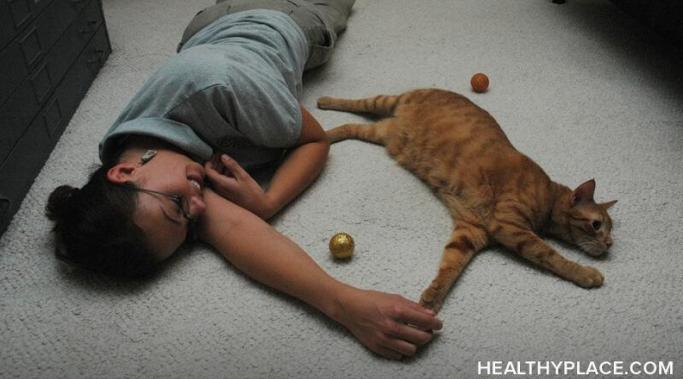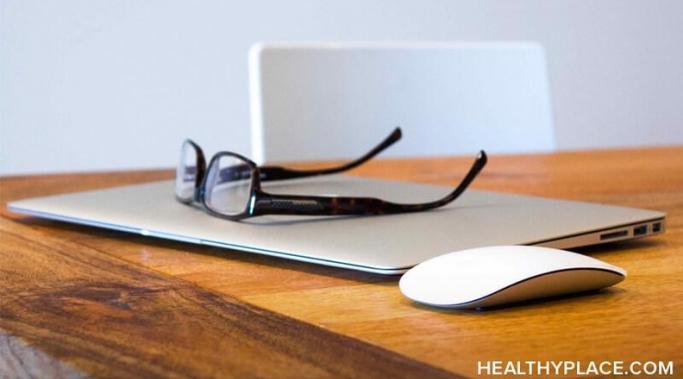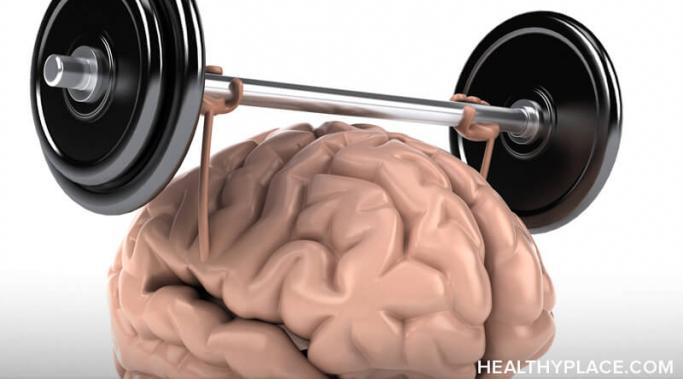Beating anxiety involves intentionally doing the opposite of what anxiety is at its core. Anxiety isn't fun, it is almost devoid of positive purpose, and it robs us of passion for pursuing life. Therefore, cultivating passion, purpose, and fun despite anxiety can go far in beating anxiety.
Anxiety Videos – Anxiety Schmanxiety
One of the biggest benefits of modern technology is the ability to take a music collection, even one with tens of thousands of songs, with you at all times. Using iPods and, later, iPhones and iPads, I’ve had my music collection in my pocket for around 15 years.
Exercise and mindfulness are both widely accepted and research-supported ways to reduce anxiety. Combined, their anti-anxiety power skyrockets. When you exercise mindfully, anxiety takes a big hit. Read on to learn why and how to do it.
I’ve never been the most athletic person, and because of that, I’ve tended to avoid sports for my entire life. Despite that, I’ve always been one to keep up with my exercise, and walking is my most common form of exercise.
I’ve mentioned my cat in passing before several times on this blog, often in the context of discussing how owning a pet can help with anxiety.
Anxiety usually involves some form of fear. Anxious thoughts often involve worry: fear of what might happen, of worst-cases scenarios and disastrous consequences of something that has already happen or might possibly happen in the future. Anxiety and fear aren't exactly the same thing, however. Here's a look at the difference between fear and phobia and a common thread between them.
Recently, we were hit with a period of deep cold that often made it dangerous to do anything outside. Ordinarily, I don’t mind the cold, but in these instances, where it is inadvisable to go outside for one’s safety, it can be difficult.
Do you play tug-of-war with your anxious thoughts? I often find myself playing this exhausting, time-consuming game, and it can be frustrating. If you find yourself trying to let go of anxious thoughts, but they keep returning, you could be playing mental tug-of-war with anxiety. It's something that happens automatically and repeatedly, but you don't have to play. If you tend to overthink, playing tug-of-war too often, and would rather do something else, read on for insights into this annoying mental game and ways to put down the rope.
When I get stressed out, I clean and organize my stuff. Sometimes I take most of the day to organize all the junk in my room, and very few things help me feel better.
Anxiety-related brain fog help is available. That's important because brain fog is a frustrating occurrence that can disrupt daily functioning and impact how we feel about the quality of our lives. An experience rather than a medical or mental health diagnosis, the brain fog that can accompany anxiety can make us feel disorganized and forgetful, frustrated that we can't seem to make a simple decision--and then even more anxious because of it. That this mental fogginess can be an effect of anxiety rather than an actual mental illness is positive news. This isn't something inherently wrong with the brain, which means that we can directly address it. In the spirit of blowing away the fog and clearing our mind, here are 12 practical tips for helping anxiety-related brain fog.









